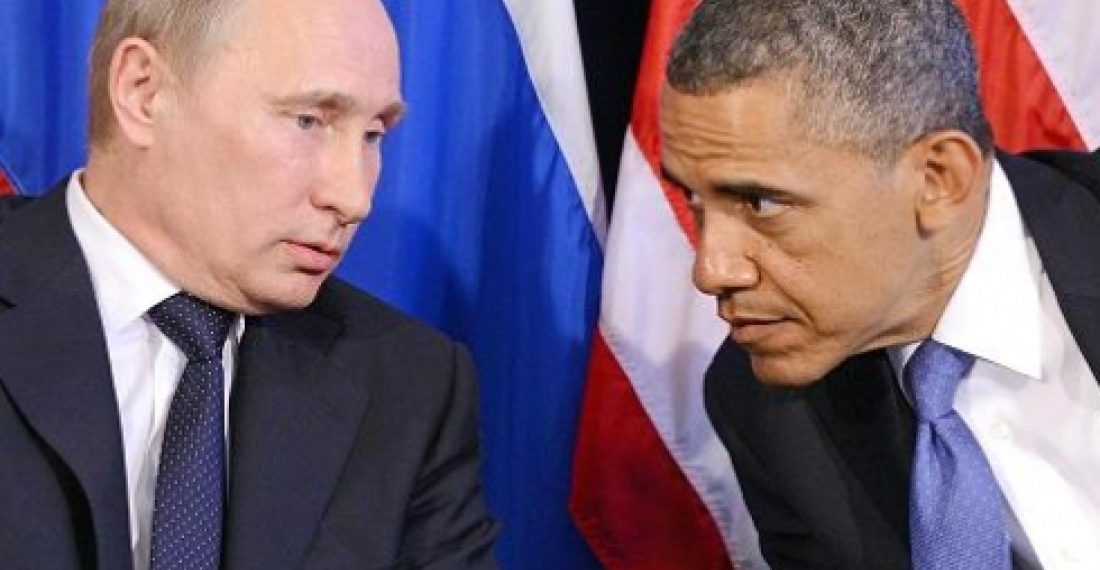В среду (6 июля), президент США Барак Обама провел телефонный разговор с президентом России Владимиром Путиным. Как сообщает пресс-служба Белого дома, лидеры двух стран обсудили нагорно-карабахский конфликт, Сирию и Украину.
Пресс-служба Белого дома сообщила, что:
"Сегодня, президент Обама провел телефонный разговор с президентом России Владимиром Путиным, чтобы обсудить состоявшуюся 20 июня встречу президента Путина с президентом Азербайджана Ильхамом Алиевым и президентом Армении Сержем Саргсяном относительно урегулирования нагорно-карабахского конфликта. Президент Обама выразил готовность активизировать усилия вместе с Россией и с Францией, в качестве одного из сопредседателей Минской группы Организации по безопасности и сотрудничеству в Европе, в целях достижения всеобъемлющего урегулирования конфликта".
В несколько ином свете, пресс-служба Кремля также подтвердила, что телефонный разговор имел место, и сообщила, что он был инициирован американской стороной. По данным Кремля в ходе разговора "президент Обама высоко оценил усилия России в урегулировании нагорно-карабахского конфликта".
Ранее были высказаны опасения по поводу того, что Россия пытается исключить другие стороны из переговоров между Арменией и Азербайджаном по Нагорному Карабаху. МИД России отверг эти обвинения и заявил, что Россия держит все заинтересованные стороны в курсе событий.
источник: commonspace.eu по материалам whitehouse.gov и других источников.
фото: президент Обама и президент Путин (фото из архива)







